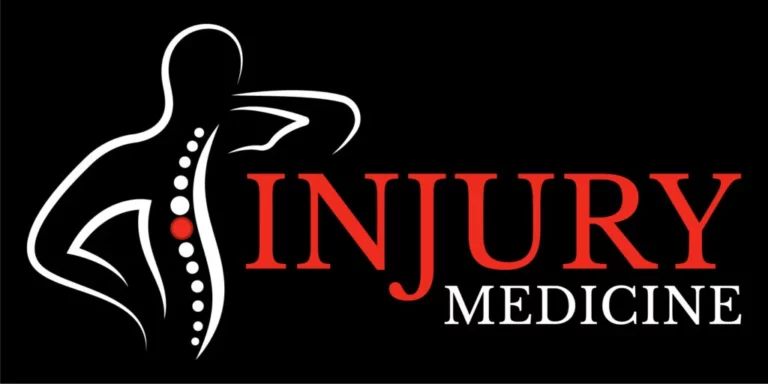Blood pressure, within the context of law and medicine, refers to the measurement of the force exerted by circulating blood against the walls of the arteries as the heart pumps blood throughout the body. Blood pressure is a vital physiological parameter, and its regulation is essential for overall health. Understanding blood pressure is crucial in both medical and legal settings, particularly in cases related to medical malpractice, personal injury, disability claims, and workers’ compensation. This comprehensive definition aims to provide a detailed overview of blood pressure, its legal implications, and its significance within various legal scenarios.
Medical Characteristics of Blood Pressure:
Measurement: Blood pressure is typically measured using a unit of millimeters of mercury (mm Hg) and is expressed as two values: systolic pressure over diastolic pressure (e.g., 120/80 mm Hg). The systolic pressure represents the force exerted on arterial walls when the heart contracts (systole), while diastolic pressure represents the force when the heart is at rest between beats (diastole).
Blood Vessel Role: Blood pressure is a fundamental component of the circulatory system, playing a critical role in maintaining blood flow to various tissues and organs. Arteries carry oxygenated blood from the heart to the body’s cells, and blood pressure ensures adequate oxygen and nutrient delivery.
Regulation: Blood pressure is tightly regulated by complex physiological mechanisms involving the heart, blood vessels, and hormones. Factors such as heart rate, stroke volume, and the elasticity of blood vessel walls influence blood pressure.
Blood Pressure Ranges: Normal blood pressure typically falls within the range of 90/60 mm Hg to 120/80 mm Hg. Hypertension (high blood pressure) occurs when blood pressure consistently exceeds 130/80 mm Hg, while hypotension (low blood pressure) is defined as readings consistently below 90/60 mm Hg.
Legal Implications in Medical and Personal Injury Cases:
Blood pressure can be a significant point of consideration in legal cases, particularly those related to medical malpractice, personal injury claims, disability claims, and workers’ compensation:
Medical Malpractice: Cases may arise if healthcare providers fail to monitor or address blood pressure abnormalities, leading to complications or adverse health outcomes. This could involve allegations of negligence in diagnosis, treatment, or medication management.
Informed Consent: Patients undergoing medical procedures or treatments that may affect blood pressure must provide informed consent. This includes understanding the potential risks, benefits, and alternatives. Failure to obtain proper informed consent can lead to legal issues, even if the procedure or treatment is successful.
Disability Claims: Individuals with medical conditions that affect blood pressure, such as hypertension, may file disability claims. Legal proceedings may involve evaluating the impact of the condition on an individual’s ability to work and their eligibility for disability benefits.
Personal Injury: Blood pressure may be relevant in personal injury cases, especially when injuries result in the development or exacerbation of hypertension. Individuals may seek compensation for medical expenses, pain and suffering, and lost wages if their injuries lead to blood pressure abnormalities.
Legal Considerations in Workers’ Compensation:
In workers’ compensation cases, blood pressure abnormalities may be associated with workplace injuries or conditions resulting from occupational hazards. Workers who experience blood pressure-related health issues due to work-related factors may be entitled to compensation for medical treatment and lost income.
Expert Medical Testimony and Documentation:
Expert medical testimony plays a crucial role in legal cases related to blood pressure. Medical professionals with expertise in cardiology, internal medicine, or hypertension management can provide insights into the standard of care, the appropriateness of treatment protocols, and the causes of complications or adverse outcomes. Proper documentation, including medical records, blood pressure readings, and medication records, is essential evidence in such cases.
Conclusion:
Blood pressure is a fundamental physiological measurement that reflects the force exerted by circulating blood against arterial walls. Understanding blood pressure is essential in both medical and legal contexts, particularly in cases related to medical malpractice, personal injury claims, disability claims, and workers’ compensation. Legal professionals and medical experts must work together to assess and address cases where blood pressure plays a central role, ensuring that individuals receive appropriate compensation for their injuries and related damages and that justice is served. Proper documentation, expert testimony, and a comprehensive understanding of blood pressure are pivotal factors in achieving fair legal outcomes in cases related to this critical health parameter.

